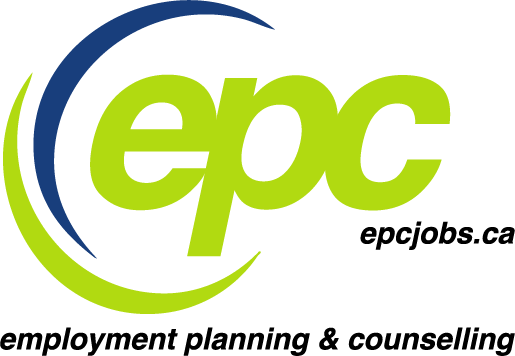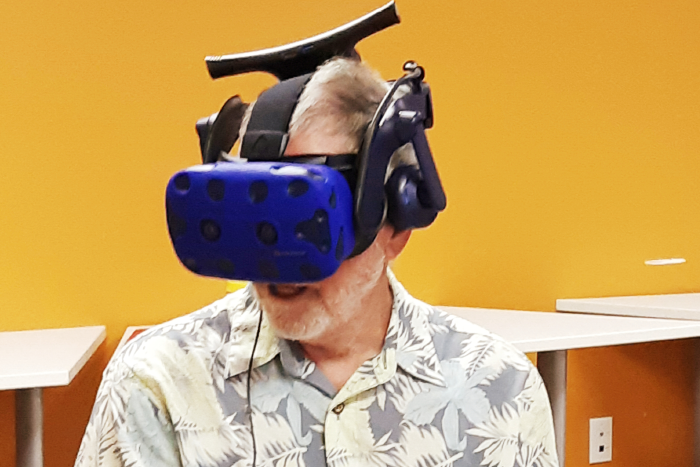Years ago the term ‘digital footprint’ would not have been referenced when discussing job search preparation yet today we know that over 90 percent of employers are checking you out online at some point during the hiring process. While you may think that this tactic is an invasion of privacy, the harsh reality is that when you post something on one of your platforms YOU are sharing it with the world and, unless modified in privacy settings, anyone can access this information freely. We are increasingly hearing about educational scholarships and job opportunities being lost because of something recruiters have found online that does not align with their professional brand or vision. We all know the marketplace is competitive so putting our best foot forward is to our advantage. This begs the question “Is your behavior on social media platforms helping or harming your career prospects”?








